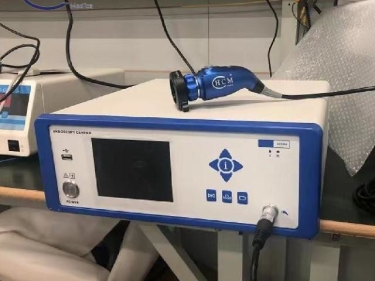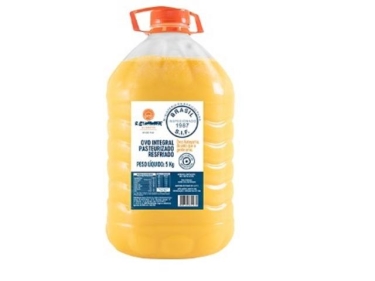New versus Traditional B2B International Payments in Cameroon
Come take a look at our article to learn more about how the arrival of new payment methods are transforming the way Cameroonian companies do business and make payments.

The international payment landscape in Cameroon is changing with the arrival of new payment methods around the world. Although traditional methods of payment still dominate, it is easy to see how a generational shift will boost B2B payments over the next decade as an increasing number of younger people adopt new ways of buying and selling across borders.
Traditional bank transfers are among the most common methods of B2B payments for Cameroonian small businesses. These have been augmented with the introduction of new products, many of which have been aided by faster Internet and new technology. The biggest Cameroonian banks offer digital banking, which allows B2B companies to monitor all transactions from their smartphones. The next logical step would thus be to use mobile money to make overseas purchases.
A lot of businesses have followed the remittance route, with many opting for services like World Remit and Western Union to conduct business. These are usually used by business owners who have already built a relationship with their international partners, and are comfortable transacting informally.
Local money transfer firms, such as Express Union, were formerly a major force for foreign payments in Cameroon and Central Africa, but they have been wiped out by the introduction of mobile money, which puts the ability to wire transfers in everyone’s pocket. Moving money within Africa has become easier as banks and mobile telecom platforms work together. Big banks like Ecobank and UBA have developed apps that allow users to connect directly to their mobile money, making it easier and faster to receive, send, and trace transactions to African countries as well as places outside of the continent where these banks operate or have partners.

Bank cards are also very useful for Cameroonian businesses purchasing from abroad, especially when PayPal is the sole accepted payment method. Visa and MasterCard are the two most common credit cards used to fund PayPal accounts in Cameroon. Unfortunately, Cameroonians cannot receive payments via PayPal, but they can get around this by using PayPal's Xoom service. Payoneer is another service that helps Cameroonians open foreign bank accounts to send or receive money which can be transferred to their local bank accounts in just minutes. Payoneer and services like Tipalti are useful for recurring payments, but are yet to be adopted widely because not enough people know about them.
All the signs point towards rapid change in international payments for Cameroonian entrepreneurs, who are being driven by a vibrant tech scene seeking solutions to local problems while collaborating with global giants like Stripe that want to break into emerging markets. Stripe's acquisition of Paystack, a Nigerian payment startup, is the clearest indication of the company's aspirations in Africa. Nigeria is one of Cameroon’s trading partners, and a major player in West and Central African business. The ability to develop payment products locally and fundraise globally, as Cameroonian startup Diool has done, will help further broaden the industry.
Learn More with Export Portal
Found this article helpful? Visit our Blog Page to learn more!


















Comments 2